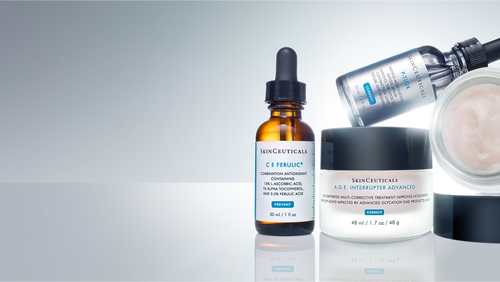Latest Articles

Beauty Gift Guides
Welcome to Dermstore’s ultimate beauty gift guide! Here, you’ll find everything you need to choose the perfect beauty gifts, from skin care and makeup to hair care and more. Whether you’re shopping for someone special or to indulge in self-care, we’ve got you covered with our gift ideas. The 28 Best Beauty Gift Ideas […]

HSA/FSA Eligible Skincare: Everything You Need to Know
We have exciting news: Dermstore is now accepting Health Savings Account (HSA) and Flexible Spending Account (FSA) payments on eligible products! These pre-tax benefit accounts allow you to use money set aside for qualified medical expenses, which may include some of the skin care products you use every day. So, we put together a comprehensive […]

13 Best At-Home Beauty Devices That Are Totally Worth the Splurge
There’s nothing like tackling your most pressing beauty and anti-aging concerns with a professionally administered treatment. For as much good as these treatments and procedures offer, their little sister counterpart, at-home beauty devices, are an excellent way to maintain your results. The best at-home beauty devices target everything from unwanted hair to dull, rough skin, […]

7 Best LED Face Masks That Deliver Spa-Quality Results at Home
When you’re dealing with stubborn skin concerns, it can feel like an in-office treatment is your only option. But what if you can get things started without worrying about how to fit every session in your busy schedule? That’s where the best LED face masks come in. Harnessing the same clinically proven light therapy once […]









